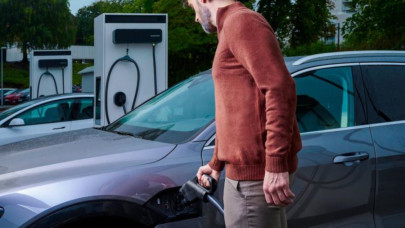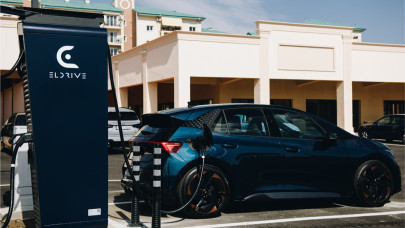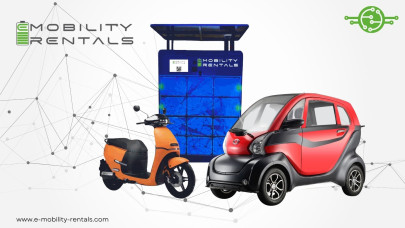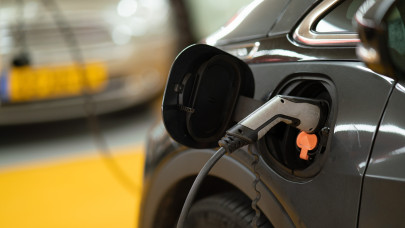From 2030, when the first wave of electrification reaches the end of its life, the demand for recycling will increase tenfold. In figures, it is estimated that up to 1,000 GWh of batteries will be taken out of service by 2040.
"Battery recycling has gained momentum over the past year, with many major companies announcing various initiatives in this area. With around 40% of all light vehicles expected to be electric by 2030, massive investment in recycling capacity is needed. Although highly regulated, the recycling sector can become a viable business, with estimated revenues of EUR 8 billion", said Daniel Anghel, Partner, and Head of Automotive Services at PwC Romania.
The report also says that more recycled products available at competitive costs will have a positive impact on battery prices, which could fall by up to 20%, further boosting the electrification process and the recycling market.
Asia leads on regulation, EU revised legislation this year. With strict regulations in place since 2013, South Korea and China are leading the way in battery recycling, with current rates of around 90%.
As a result of the Asian regulations, the EU revised its legislation this year, including requiring a 70% recycling rate from 2031. Previously, the EU Battery Directive required a recycling rate of 55%. The revised EU regulation sets efficiency targets and recycling rates for each critical material, as well as a minimum level of recycled materials.











